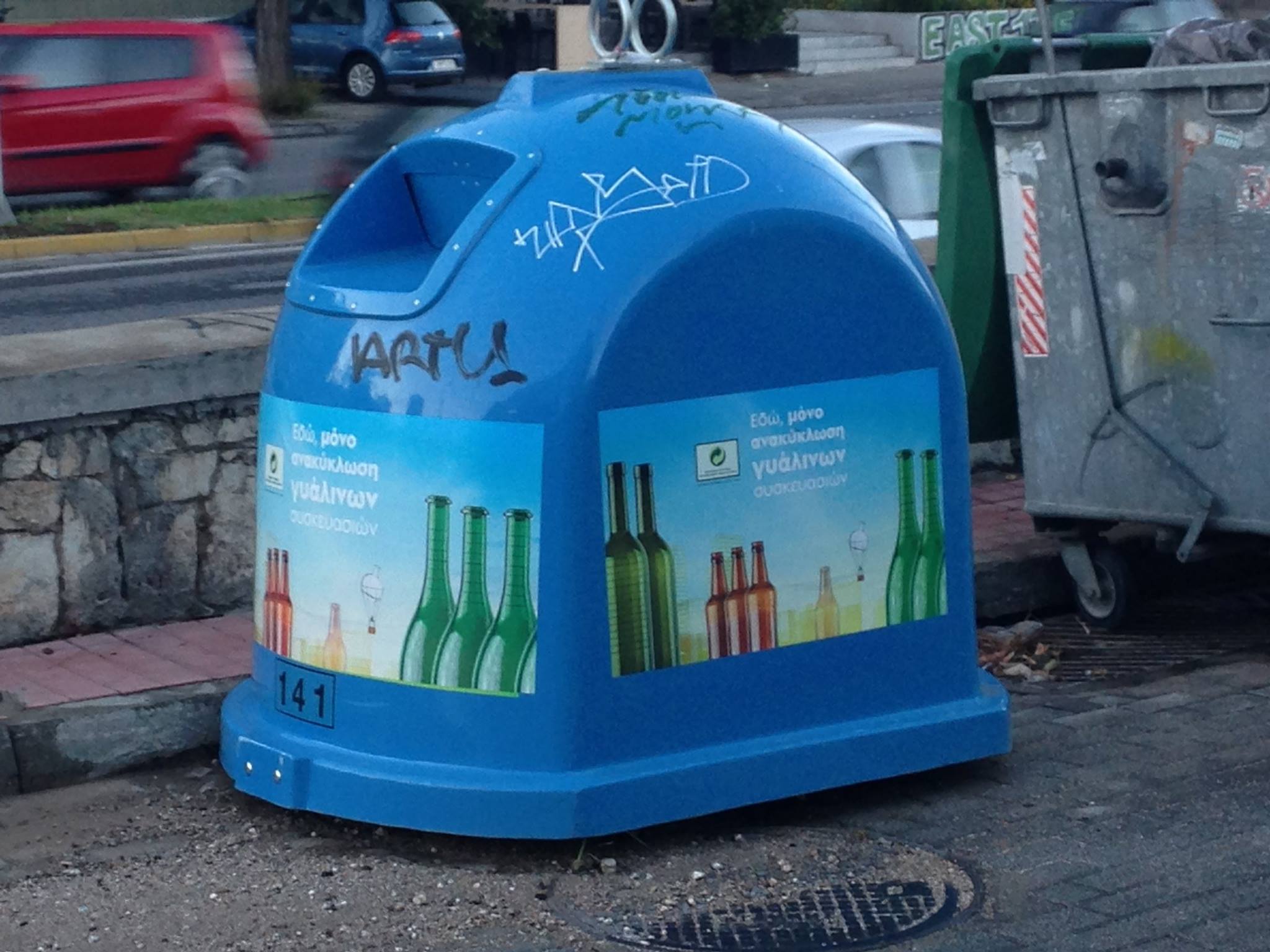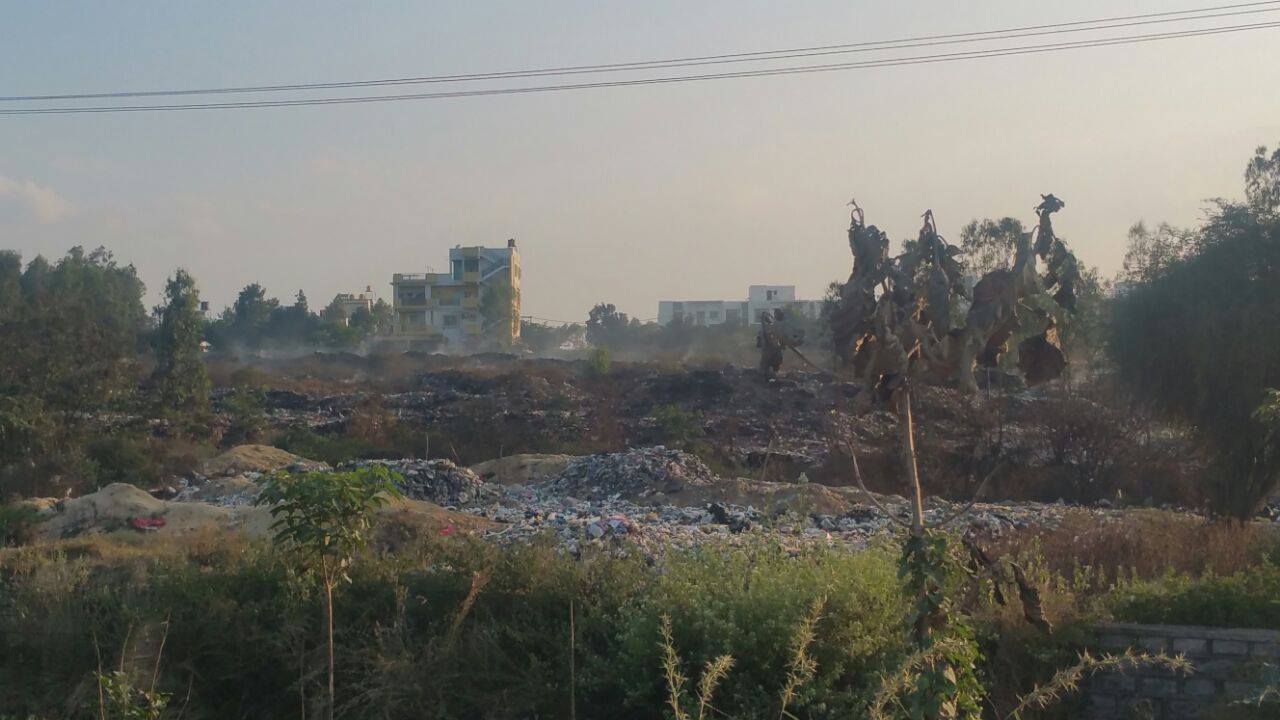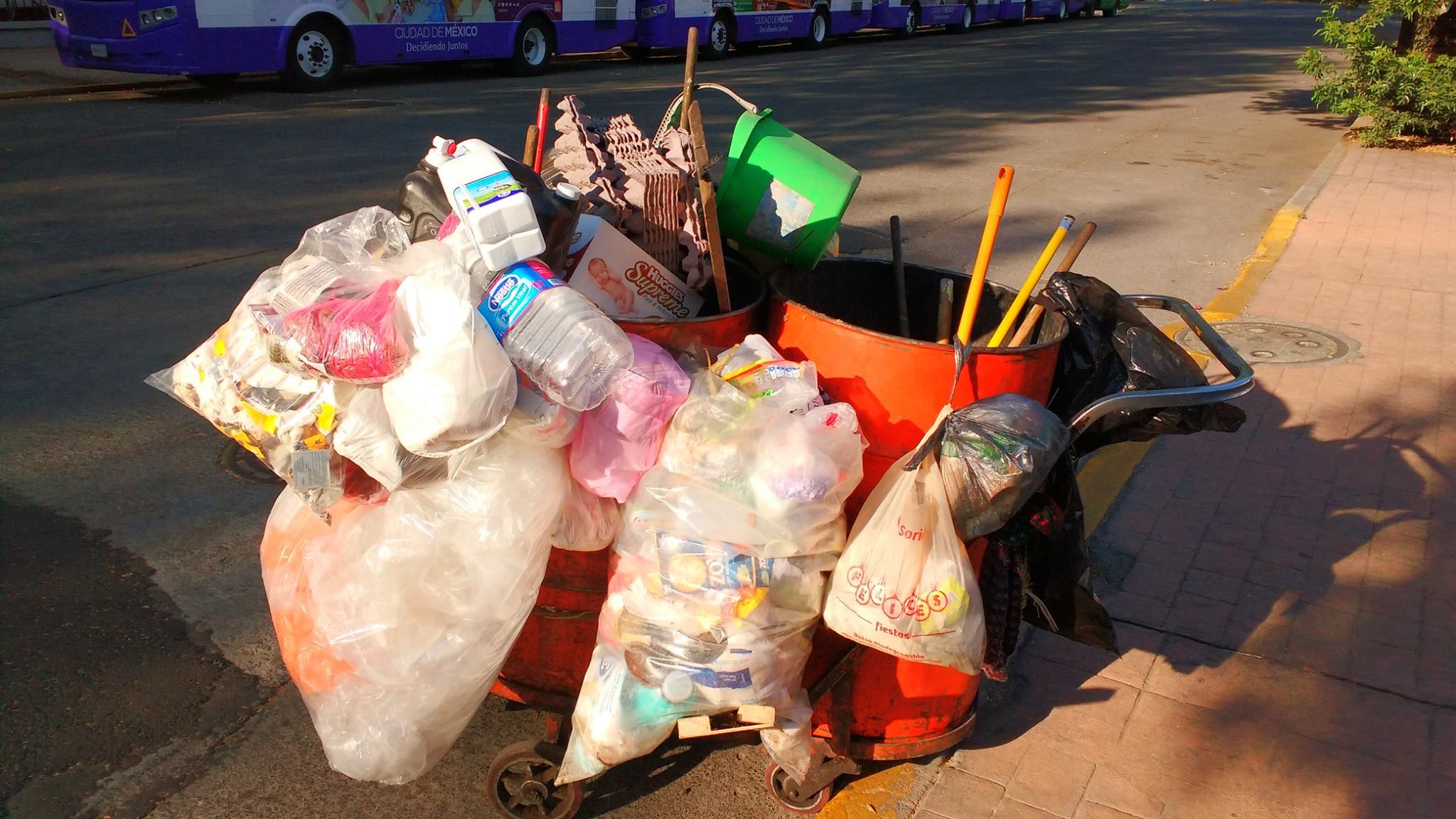In general, waste management in Greece depends on sanitary landfill sites. In Greece, all uncontrolled disposal sites (dumpsites) have been shut down and a few of them
are in the restoration process. Statistics are not available today, but they are estimated around 50 around Greece.
Regarding mixed waste treatment, there are five Mechanical and Biological Treatment (MBT) plants. In tender or planning phase (stalled at the moment) there are another 7. Sadly, the products of these plants, such as RDF and CLO, have no responding market and as a result they are disposed to the landfills.
Regarding recycling, in the largest part of the country, the collection and transportation of municipal packaging waste is made by municipalities. The collection of waste is possible through the "blue bin" system according to which, citizens can deposit all waste packaging in 1.1 lt blue bins without further screening. Then, the packaging waste is shipped with purpose-such vehicles to Recycling Sorting (MRFs), where they are sorted and recovered per material. The final products are being promoted to merchants and utilizers for recycling or recovery. Around 29 Material Recycling Facilities are in operation at the moment (with planning to be doubled by 2020), covering all Greek territory.

Bangalore, India
By Vishwas Vidyaranya
Effective waste management is a major challenge in many cities in India. These are the images from Bangalore where despite many initiatives, awareness and setting up of treatment plants, open dumping and burning is still rampant. Improper collection system, poor design of treatment plants, lack for sanitary landfills and also low level of awareness are the main causes for this. Such practices are continuously deteriorating the air and water quality apart from posing health risks.

Lagos, Nigeria
By Chinonso Nwachukwu
Lagos, a commercial city of Nigeria, is considered as the most advanced in waste management than other cities. Still, solid waste management remains one of the biggest issues the country suffers from. Lagos generates up to 10,000 tons of municipal solid waste per day. Such waste is not sorted at the source, therefore, making the collection and sorting later a much difficult task.
The Lagos waste management authority is the most dominant authority that controls the collection and disposal of waste management. A collection of solid waste done by gathering the waste from the containers once a week due to financial constraints which limit the number of labor and facilities dedicated to this sector. This once a week system allows for waste to overflow in the containers and consequently litter to spread around affecting drainage and sewage systems. Additionally, the trucks are always overloaded allowing leftovers to stay in the containers. At the disposal stage, a significant amount of solid waste goes to burning in open dumpsites which afterward is landfilled. Some of the landfills are located close to residential areas thus affecting human health and environment.
 Picture of opening burning of waste in Nigeria. Taken by Wale Bakare, 2016.
Picture of opening burning of waste in Nigeria. Taken by Wale Bakare, 2016.
Mexico City (Mexico)
By Nina Tsydenova (Ninoska Tsy)
Mexico city has introduced the source separation system (into organics and inorganics) in 2003. The collection of waste is done on an everyday basis (from Monday to Saturday) where big waste trucks collect organics and inorganics on separate days. The operators of the truck include an officially employed driver and few volunteers. The latter ring the bell to let the inhabitants know that they have arrived for pick up. The inhabitants bring their trash bags directly to the truck instead of disposing the waste into the containers. The volunteers help the drivers separate the recyclable materials such as cardboards, PET bottles, beverage cans and glass. Once these are sorted and sold, the profits are shared among the volunteers and truck driver. On weekends, the "barrendores", the ones who sweep the streets, collect the household waste and get extra compensation for their services.
